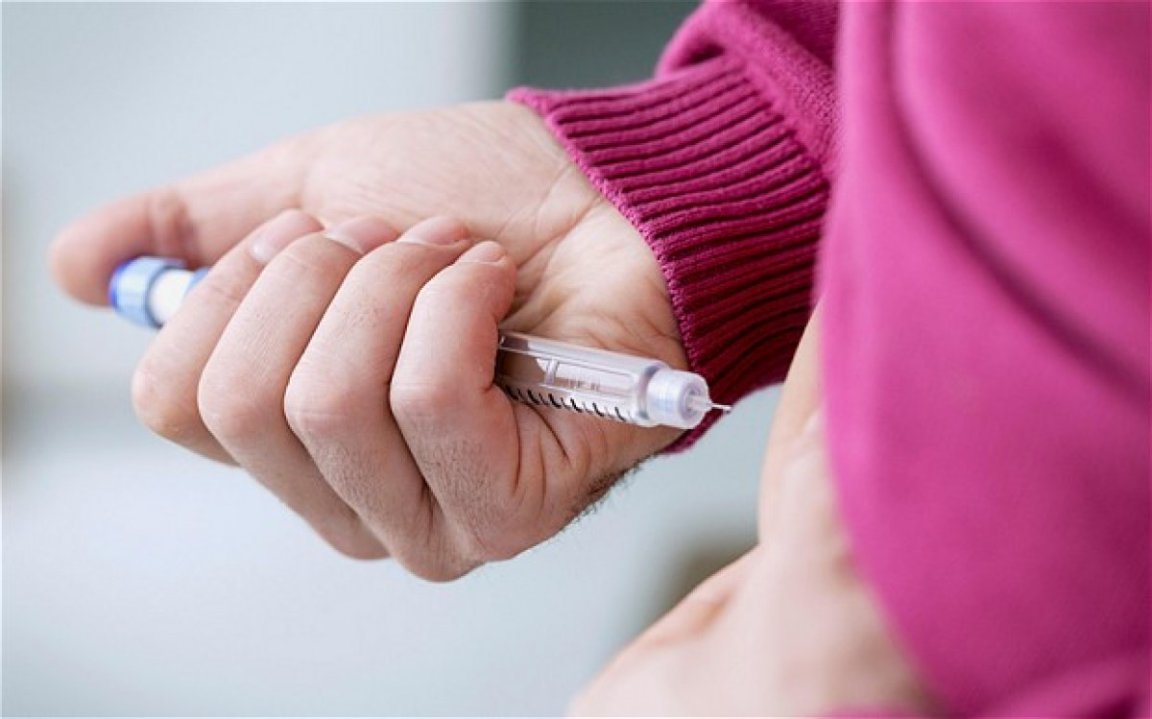
The End of Insulin Shots
A new study reportedly shows that boosting the immune system can safely restore insulin production for up to a year—which might make it possible for those who suffer with diabetes to not require daily injections. Notably, these are Phase 1 trials, which are designed to look at safety, not long term effectiveness. So much research is still needed.
Yet, if the technique proves viable and effective, this could change the lives of millions of people around the world. According to the Center for Diseases Control, in the United States alone, 29.1 million people (or 9.3% of the population) have diabetes. That’s one out of every 11 people. 371 million people worldwide have this condition.
To break down the research, those afflicted with Type 1 diabetes do not have enough T-regs or ‘peacekeeping’ cells, which is ultimately what causes the disease. Researchers from Yale and University of California have just showed that T-regs can be removed from the body, increased by 1,500 in a lab setting, and then placed back into the bloodstream as a way of potentially restoring the body’s insulin production back to normal.
Notably, no one who was involved with the study had any serious side effects. This is important, because immune cell therapy could potentially cause problems, such as a severe reaction to the infusion. Also of note, while some of the T-regs were detected after a year, many of the cells persisted for 3 months (this is impressive, but not quite a year mark on average).
Scientists behind the study say that the treatment has the potential not only to eliminate the need to manage the disease through regular insulin injections, but also prevent diabetes from progressing. They conclude that their results “support the development of a phase 2 trial to test efficacy of the T-reg therapy.” And they say that their therapy, when combined with other treatments being developed, “may lead to durable remission and tolerance in this disease setting.”
Advanced stages of Type 1 diabetes have been known to lead to blindness and amputation. The condition is also causes long term damage to the kidneys and is often associated with heart disease, so the breakthrough is inspiring.
Take it With a Grain of Salt
The initial trial, which only involved 14 people, claims to prove that the new therapy is safe and has the potential to last; however experts note that it’s far too early to make definitive claims about its efficacy.
As previously mentioned, Phase 1 trials study dose-escalation safety—meaning it was meant to look at whether the therapy could be used among patients suffering from diabetes without causing further side-effects.
More tests are required to assess its effectiveness, but the success of its early-stage results show that scientists are on their way towards finding a long-term treatment for Type 1 diabetes. There is good cause to be hopeful, but perhaps be cautiously so.